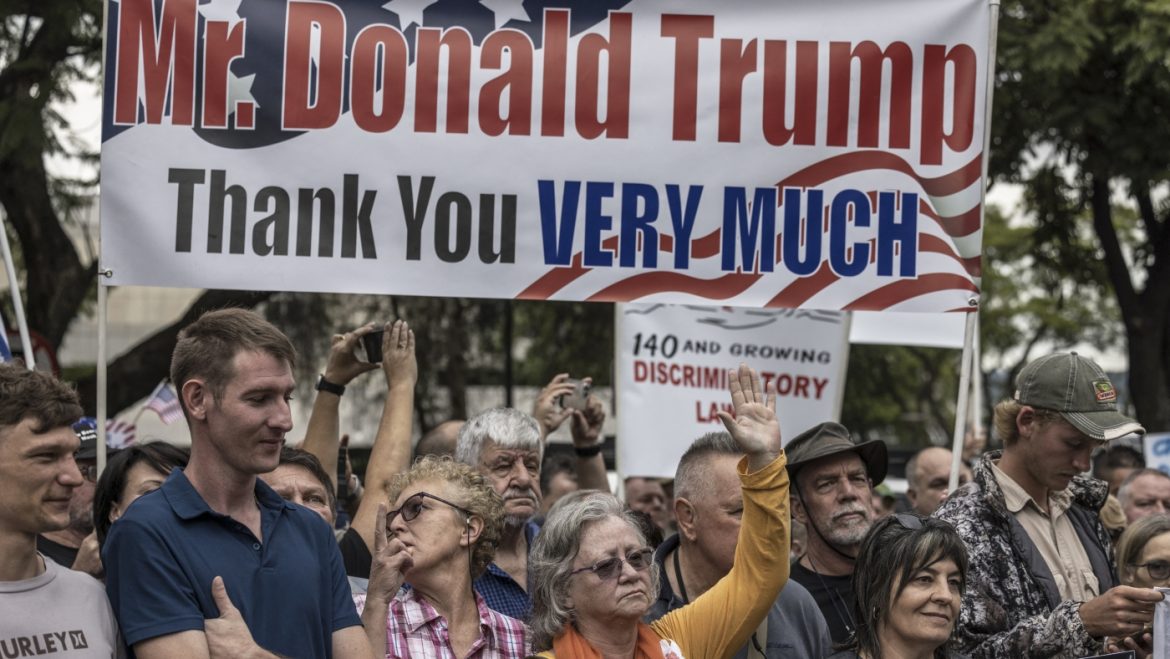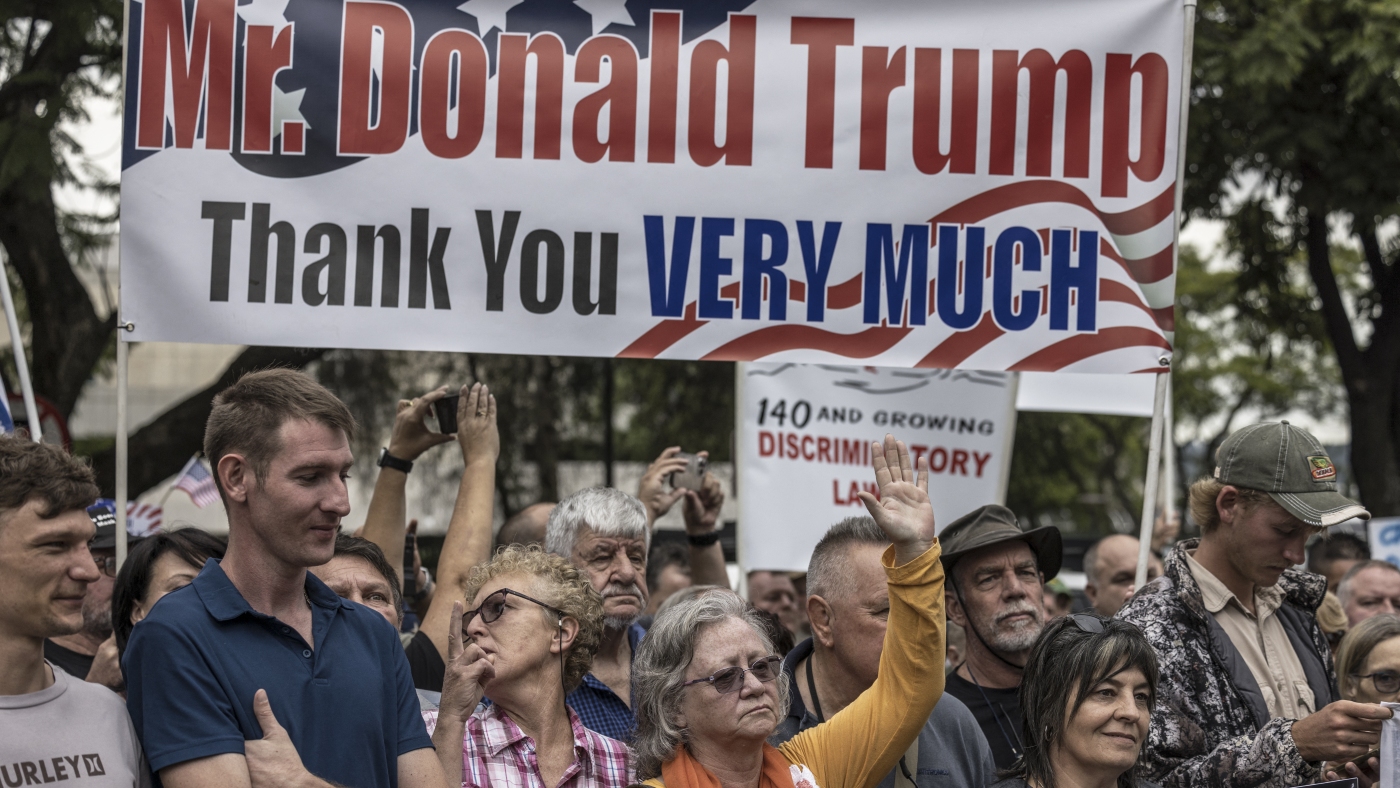The Paradox of Trump’s Refugee Policies
Introduction
The refugee policies of the Trump administration have been a subject of intense debate and scrutiny. The suspension of the general refugee program stands in stark contrast to the invitation extended to white South Africans, specifically Afrikaners, to find a new home in the United States. This paradox raises several questions about the motivations and implications of such policies. To understand this, it is essential to delve into the specifics of Trump’s executive order, the criteria for refugee status, and the broader context of U.S. immigration policies.
Trump’s Executive Order and the Afrikaner Exception
In February, President Trump signed an executive order encouraging the resettlement of Afrikaners in the United States. The justification cited was a South African law on land expropriation and affirmative action, which Trump claimed discriminated against Afrikaners. This order is particularly notable because it comes at a time when the U.S. has significantly reduced its overall refugee admissions. The U.S. has banned most refugees, including 20,000 people who were already ready to travel to the United States before Trump took office. However, Trump is making an exception for Afrikaners, granting them refugee status and facilitating their resettlement.
Persecution Claims and Refugee Status
The U.S. government has interviewed white South Africans seeking refugee status about their troubles with land disputes, crime, and perceived racism. This focus on persecution claims is a significant departure from the broader refugee policies, which have seen refugees from other countries being deported or barred from the United States. The first group of 54 Afrikaner South Africans has already been granted refugee status and is expected to arrive in the U.S. This swift processing and the unusual welcome by U.S. dignitaries highlight the preferential treatment given to this group.
The Racial and Political Dimensions
The executive order granting Afrikaners refugee status has sparked controversy and debate. Critics argue that the order is racially motivated, favoring a white minority group over other refugees who may face similar or even more severe persecution. The order also calls for suspending aid to South Africa and defines Afrikaners as a group eligible for refugee status due to alleged race-based discrimination. This move has been seen as a political maneuver to appeal to certain voter bases rather than a genuine effort to address global refugee issues.
Public and Political Reactions
The reaction to Trump’s executive order has been mixed. While some Afrikaners see it as a lifeline, others, like Max du Preez, the founding editor of the Vrye Weekblad newspaper, have criticized the move. Du Preez argues that Afrikaners are not victims and that the rhetoric of genocide is misplaced. He believes that the U.S. administration does not understand the thriving nature of South Africa and the complexities of its social and political landscape.
The Process and Implications
For Afrikaners seeking refuge in the U.S., there are several options: applying for refugee resettlement, entering with a visa, or requesting asylum at a U.S. port of entry. The U.S. Refugee Admissions Program (USRAP) is the legal pathway through which individuals who are refugees under U.S. law may be resettled to the United States. Refugees must apply for permanent residency (a green card) one year after arriving in the United States and can then apply to become U.S. citizens.
Conclusion: A Complex and Controversial Policy
Trump’s invitation to white South Africans to find a new home in the U.S. stands as a complex and controversial policy. While it offers a lifeline to a specific group, it also raises questions about racial bias and the broader refugee policies of the U.S. The preferential treatment given to Afrikaners, coupled with the suspension of the general refugee program, highlights a paradox that reflects the political and racial dimensions of Trump’s administration. This policy is likely to continue sparking debate and scrutiny, both within the U.S. and internationally.


